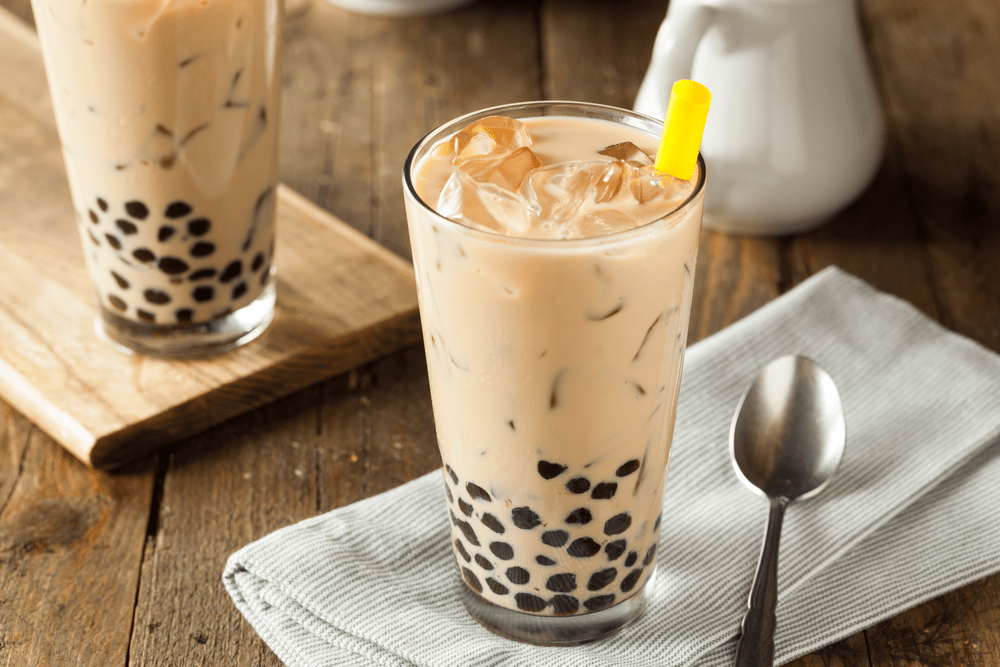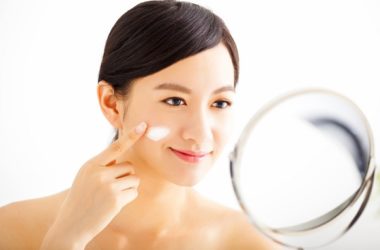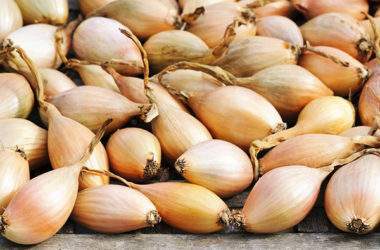We all know how good green tea is — it’s loaded with powerful antioxidants that are capable of fighting off a lot of things, from excess free radicals, inflammation, heart disease to cancer.
It’s so easy to assume that bubble tea is just as good for you as green tea. After all, its name bears the word “tea” so it must be one of the healthiest beverages on the face of the planet.
Unfortunately, health and nutrition experts beg to disagree. They say that bubble tea can actually do more harm than good even if it in fact contains actual tea.
Are you addicted to bubble tea because it tastes so good and you firmly believe that you are giving your body a huge favor regularly drinking it? Sorry to burst your bubble, but you should quit right now!
Those Bubbles are Packed With Carbs
Bubble tea is referred to as such primarily because it is tea with some dark-colored bubbles found at the bottom of it. Those really chewy bubbles are referred to as tapioca pearls.
They are actually made from starch out of cassava root. The name makes it quite clear that it is a root or starchy type of vegetable, and it’s commonly grown in tropical areas of the planet.
Even though it’s actually made from a vegetable, tapioca pearls cannot be considered as healthy. For instance, they’re devoid of fiber as cassava starch is highly processed.
And did you know that before making their way at the bottom of bubble tea those tapioca pearls are first boiled in water and lots and lots of sugar for several minutes?
Traces of Cancer-Causing Carcinogens Present
Sadly, the problem with those chewy tapioca pearls does not begin and end with the fact that they are extremely high in sugar and carbohydrates and also devoid of anything else that’s good for your health.
According to a study conducted by German scientists back in 2012 when the popularity of bubble tea was at its peak, tapioca pearls that they investigated had traces of carcinogens in them.
Carcinogens are substances or compounds that have the ability to considerably increase a person’s risk on one day battling deadly cancer.
Polychlorinated biphenyls or PCBs — these were the carcinogens found in samples of tapioca pearls they looked at. PCBs are also known to affect the nervous, reproductive and endocrine systems.
Tapioca Pearls are Not the Only Problem
Even if those carbohydrate-packed and carcinogen-containing tapioca pearls are removed from the equation, bubble tea remains far from being healthy.
One of the reasons why a lot of people are hooked on bubble tea is that they come in a wide variety of really fun and appealing flavors, ranging anywhere from lychee to honeydew.
No, bubble tea does not contain real fruits. It can be made to taste like all kinds of fruits with the use of artificial flavorings. Artificial colorings are used, too, in order to make bubble tea look colorful.
But the addition of artificial flavorings is not enough to make a serving of bubble tea taste awesome — tons of sugar have to be added, too, to every serving to make them palatable.
Think Going for Nothing But the Real Deal
If you’re drinking bubble tea because you want to take advantage of the many scientifically-proven health perks tea is known to offer, sadly, you are doing your body more harm than favor.
Because of the presence of tapioca pearls, artificial flavorings, artificial colorings and tons of sugar, it’s plain to see that bubble tea is not as healthy as it sounds.
In order for you to benefit from consuming tea on a regular basis, scrap bubble tea and instead stick to green tea — or black tea or any herbal tea of your preference.
Not really fond of the taste of green tea? Spruce up a cup of it by adding a little lemon juice. Stirring in a teaspoon of 100 percent natural honey or maple syrup is also a good idea.













